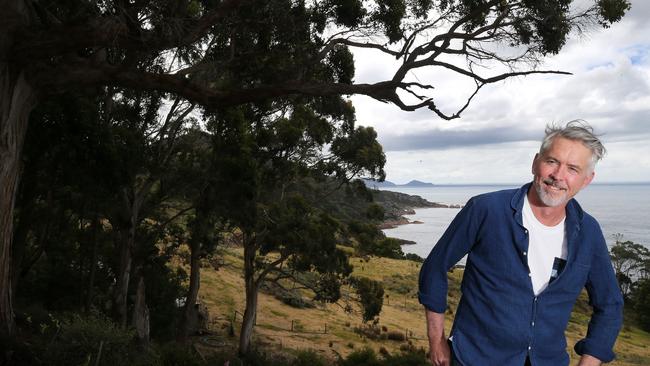Big hArt votes for parity pay to save artists’ jobs
Artistic director Scott Rankin says other companies should show leadership and put artists first

Scott Rankin has called out a lack of leadership among arts employers in their response to the COVID-19 lockdown, while staff at his company Big hArt have voted for parity pay to ensure their critical community work can continue.
Big hArt’s co-founder and artistic director, Rankin says large arts companies have cancelled productions and stood down staff but continue to receive funds intended for artistic activity.
“Any arts company that stands down its artists and maintains its management is ethically unsound and should not be receiving the next Australia Council payment,” he says.
“Managers are there to serve the artists in an organisation, not the other way around. We have not heard from the leaders of those big organisations, which should be putting a strongly ethical foot forward.”
Big hArt works with at-risk young people in disadvantaged communities such as northwest Tasmania and Roebourne in WA’s Pilbara. Faced with revenue shortfalls, Rankin says his staff did not want to jeopardise their work in those areas and have voted to continue on parity wages.
The company will pay 20 staff the same wage of $1634 net per fortnight for the next six months, compared with the minimum wage of $1480 and the JobKeeper subsidy of $1500. Staff voted unanimously for the move via a Zoom conference, Rankin says, before Scott Morrison announced the $130 billion JobKeeper package on Monday.
“The parity wage is similar to a 50 per cent cut in wages for many on staff,” he says. “Some part-time artists and arts workers may receive a little more, while the leaders in the organisation receive a lot less. The new approach will give staff and their families certainty and ensure Big hArt doesn’t just pull out of vulnerable communities in the months ahead.”
Parity pay was formerly the egalitarian guiding principle of Sydney’s Belvoir St Theatre, which Paul Keating once described as “Australia’s last commune”. Belvoir ended parity pay a decade ago to offer salaries more attractive to experienced staff.
By avoiding closure of programs or standing down employees, Big hArt will be able to continue programs such as its NEO-Learning online education portal that was created with elders and young people in Roebourne.
An outspoken figure in the arts sector who has long argued for cultural justice, Rankin is disappointed with the leadership shown by others in the sector during the COVID-19 crisis that has wiped out artists’ livelihoods.
The Australia Council’s response, a $5 million “resilience” package with funds repurposed from forward grant programs, is inadequate, he says.
“It’s literally nothing, across the country and across artforms,” he says, adding that the Australia Council should be using all means at its disposal to engineer a “sector-wide response”.
He has urged the head of the National COVID-19 Coordination Commission, Neville Power, not to overlook the community-specific work of small not-for-profit organisations such as Big hArt.
“Now is the time for small to medium arts organisations to take responsibility for our futures, but at the same time we need strong leadership from Australia’s arts and culture peak bodies such as the Australia Council,” he says.
“They must lobby governments and deliver a creative use of the resources at their disposal, not timid responses which back the status quo.”



To join the conversation, please log in. Don't have an account? Register
Join the conversation, you are commenting as Logout